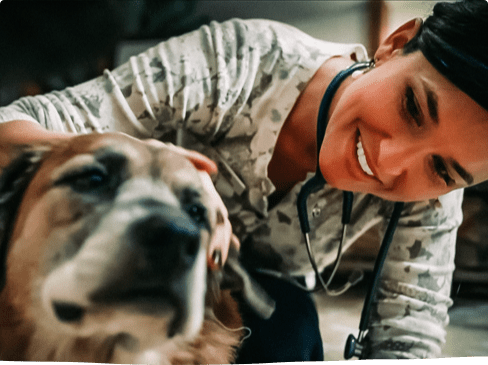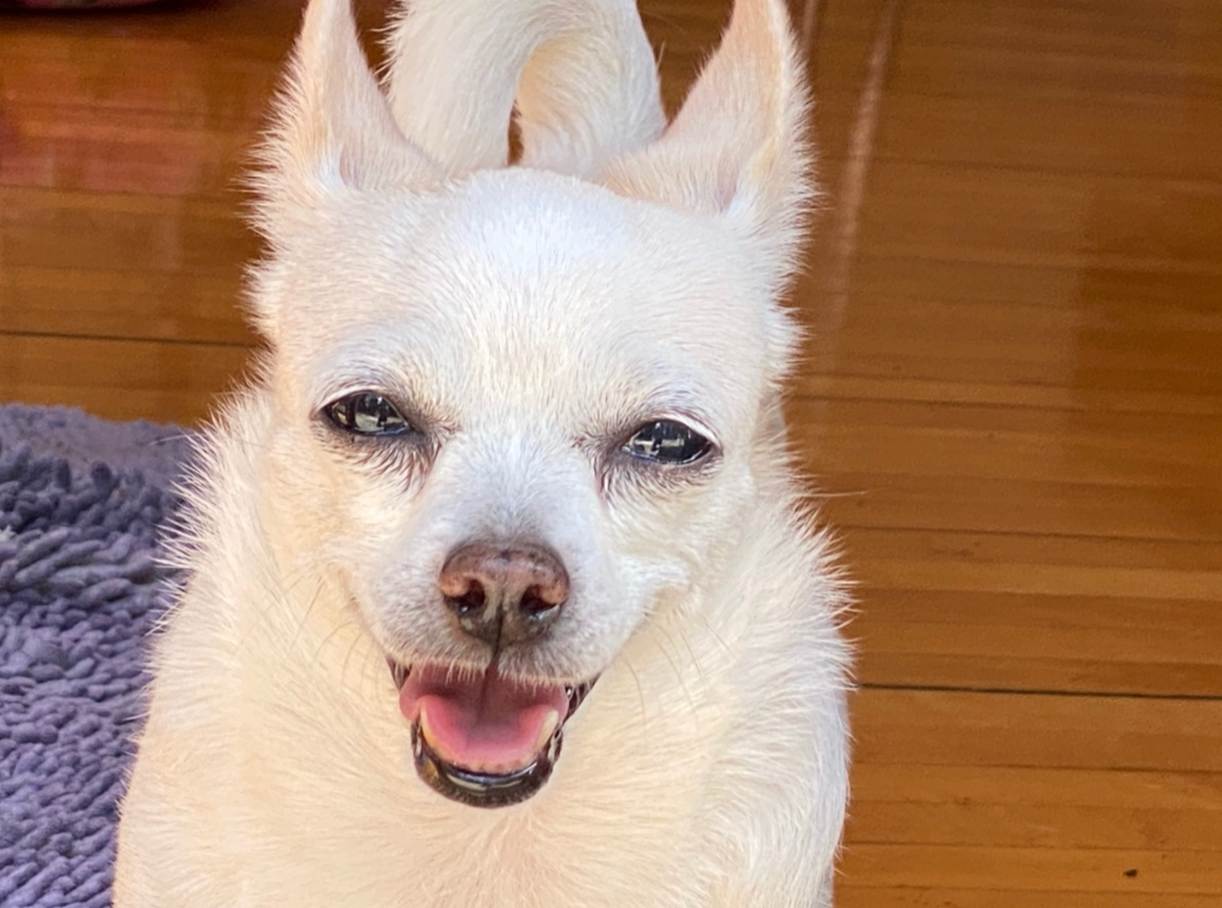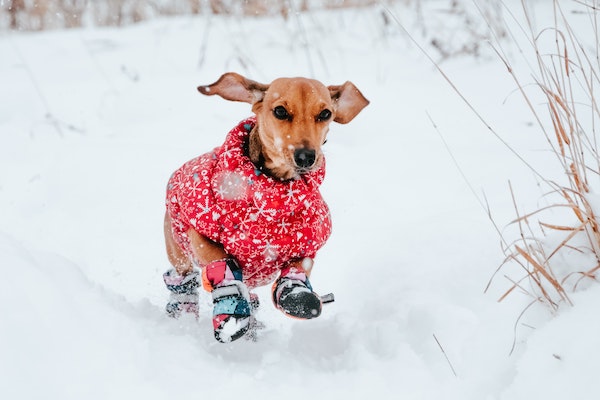Acupuncture For Dogs

In recent years, holistic approaches to pet healthcare have gained significant attention, with acupuncture emerging as a popular modality for enhancing the overall wellbeing of dogs. While acupuncture has been practiced for centuries in traditional Chinese medicine for humans, its application in veterinary medicine has grown steadily. This article delves into the wellness benefits of acupuncture for dogs, exploring how this ancient practice can contribute to the physical and emotional health of our beloved canine companions.
What Does ASPCA Stand For

The American Society for the Prevention of Cruelty to Animals (ASPCA) stands as a beacon of hope for countless animals across the United States. Founded in 1866 by Henry Bergh, the ASPCA has been at the forefront of animal welfare, tirelessly working to protect and rescue animals from cruelty, neglect, and abuse. With a rich history spanning over a century and a half, the ASPCA continues to be a driving force in promoting compassion and kindness towards all living beings. (more…)
Mobility Tips for Senior Pets

by Dr. Dani McVety, Founder and CEO of Lap of Love Veterinary Hospice.
Mobility issues are the most common of all problems reported to us by dog owners. At least 50% of our patients struggle with some level of mobility difficulty. By a wide margin, the number-one reported ailment from pet owners in my line of work, which is veterinary hospice care, is that their pet is having difficulty with mobility. These issues range from struggling to stand, splaying while at their food bowl, or, in some cases, the complete inability to walk. Osteoarthritis is the most common cause of mobility issues in geriatric pets, but soft tissue injuries, disc disorders, stenosis, and neuropathy also could be the root of the issue. (more…)
Infections in Dogs & Cats: How To Cure Naturally

by Jody L. Teiche of Teiche Wellness, Certified Pet Homeopathic Educator & Owner of The Pet Heath Coach.
It started with a sniffle. I noticed Anabelle sounded congested one day. She seems to have some trouble breathing but did not seem in distress (that would’ve been a vet or ER visit, if severe enough). My mama bear instincts kicked in and I went to my mini-apothecary. What did I grab? Echinacea, Goldenseal and Manuka Honey. In one day, Anabelle’s symptoms were gone. (more…)
Cold Weather and Your Dog’s Skin

by Steve Ross, National Director of Training, First Aid & CPR LLC
Winter weather can be harsh on your dog’s skin, especially if he or she is an older dog. As dogs age, their oil-secreting glands slow down, making them prone to dry skin. The cold winter air and dry indoor heat only aggravate the condition, causing itching and flaking that may lead to constant scratching, biting, or licking.
To help your pet survive the winter with a healthy skin and coat, follow these suggestions:
Use a room humidifier.
The air in most houses becomes dry during the colder months, which depletes moisture from your dog’s skin and fur. A humidifier adds needed moisture to the air.
Keep baths to a minimum.
Bathing removes essential oils from the skin and can increase the chance of developing flaky skin. When you bathe your dog, use a moisturizing shampoo from the pet store. Human soaps and shampoos are formulated for human skin pH and may cause dry, irritated, itchy skin. Dry them with thick towels before taking them outdoors. A blow drier on an older dog can be harsh on dry skin. Consult with your vet about the recommended number of baths per month for your dog.
Brush your dog regularly.
Brushing improves skin, coat and circulation. Plus, clean fur lofts and holds warmth in much the same way that layering clothes does.
Never shave your dog down to the skin.
It’s fine to give your dog a trim, but for added warmth, be sure to leave his coat a little longer in the winter.
Give your dog fatty-acid supplements.
Older dogs may no longer produce enough of the fatty acids needed to keep their skin and coat healthy. Start the supplements several weeks before cold weather sets in to provide the cells of the skin with necessary
nutrients.
Increase his food if he’s very active.
If your dog engages in a lot of outdoor activities, you may need to feed him more of his regular food to provide added energy and keep his coat thick and healthy.
Buy him a coat.
Older dogs need extra protection from winter weather. Unless your dog has his own thick fur, put a warm sweater or coat and booties on your dog when he goes out on very cold days.
Dry winter skin is a problem for many dogs but it doesn’t have to be. With a little help from you, your pooch can have a healthy coat and a scratch-free winter. You can find and hire animal homeopathic care for your animals on Petworks.
About the Author
 First Aid & CPR, LLC was started in 2011 by Steve Ross. With his background in emergency services since 1977, Steve found the need to start training more people in lifesaving skills. As a longtime instructor for private companies and hospitals, Steve realized that the main issue of people taking these classes were the nervousness of coming to a strange, cold classroom. He felt that to alleviate this problem he needs to bring the training to the student. First Aid & CPR, LLC brings ALL necessary equipment to the student. Whether it is at their home, business or organization. Starting with CPR/AED and First Aid training, the company has evolved to offer training in Advanced Bleeding Control, Bloodborne Pathogens, Babysitting classes, Pet First Aid & Pet CPR and much more.
First Aid & CPR, LLC was started in 2011 by Steve Ross. With his background in emergency services since 1977, Steve found the need to start training more people in lifesaving skills. As a longtime instructor for private companies and hospitals, Steve realized that the main issue of people taking these classes were the nervousness of coming to a strange, cold classroom. He felt that to alleviate this problem he needs to bring the training to the student. First Aid & CPR, LLC brings ALL necessary equipment to the student. Whether it is at their home, business or organization. Starting with CPR/AED and First Aid training, the company has evolved to offer training in Advanced Bleeding Control, Bloodborne Pathogens, Babysitting classes, Pet First Aid & Pet CPR and much more.

